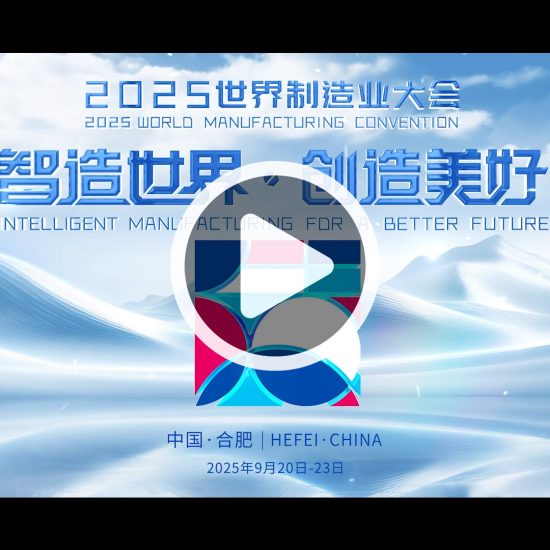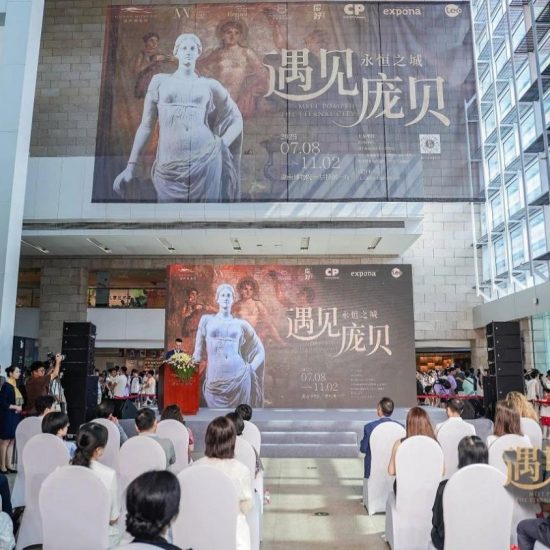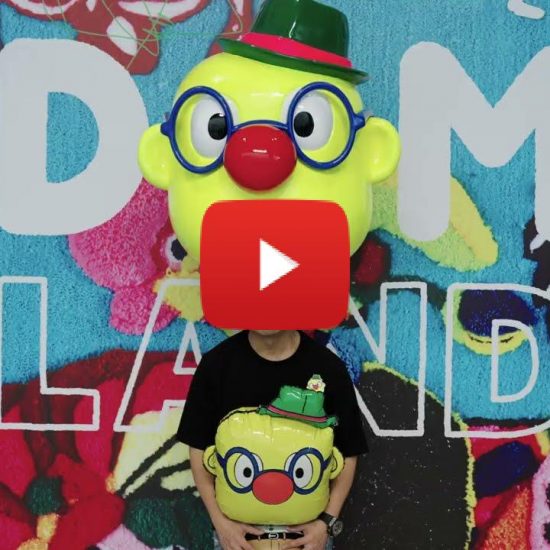Artificial intelligence (AI) has been rapidly transforming various industries, and content creation is no exception. AI-powered tools are emerging that can generate different formats of content, from basic articles and social media posts to even creative writing pieces. While this technology offers exciting possibilities for increased productivity and innovation, it also raises concerns about originality, information quality, and potential job displacement.
On the positive side, AI can significantly boost content production efficiency. Businesses can leverage AI tools to generate routine content, such as product descriptions, reports, and social media updates, freeing up human writers to focus on more complex tasks requiring creativity and critical thinking. This allows for a constant stream of fresh content to maintain audience engagement and brand awareness. Additionally, AI can personalize content for specific demographics, tailoring information to individual user preferences. This targeted approach can enhance the user experience and lead to higher conversion rates.
The creative potential of AI content generation is another promising aspect. AI algorithms are becoming increasingly sophisticated, capable of mimicking various writing styles and even generating different creative text formats like poems or scripts. This opens doors for new forms of storytelling and artistic expression. Imagine a world where AI assists writers with overcoming writer’s block or generating initial story ideas.
However, alongside these benefits lie some significant challenges. A major concern is the potential for plagiarism and the spread of misinformation. AI content heavily relies on the data it’s trained on. If this data is biased or inaccurate, the generated content can reflect those biases or contain factual errors. Ensuring the quality and reliability of AI-generated content requires careful curation of training data and robust fact-checking mechanisms.
Another concern is the impact of AI on the content creation workforce. While AI is unlikely to completely replace human writers in the near future, it could automate repetitive tasks, potentially leading to job losses in specific content writing fields. It’s crucial to consider the ethical implications of AI adoption and develop strategies to mitigate potential job displacement.
The future of AI-generated content hinges on addressing these challenges and harnessing its potential responsibly. Transparency around the use of AI in content creation will be critical. Developing clear guidelines and fostering human-AI collaboration can ensure that AI serves as a powerful tool to augment human creativity and communication, not replace it.





